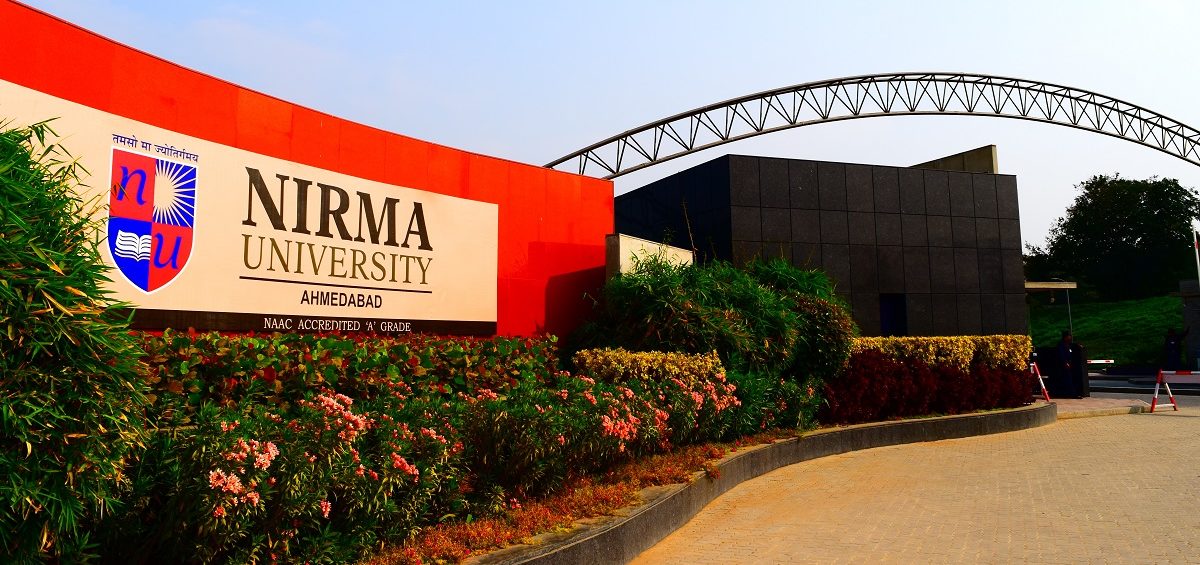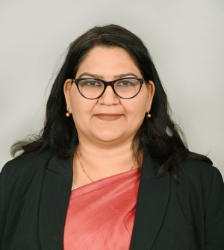
Changing Paradigms of Indian Higher Education in the time of Coronavirus
 Prof Purvi Pokhariyal Director, Institute of Law Nirma University |
Crisis is a difficult time to predict and good time to change. Post COVID era is going to be transformed in many walks of national and social life. All sectors have witnessed unprecedented changes including the higher education in the time of Coronavirus. Most of the higher education institutions have been able to turn the challenges posed in corona times into opportunities embracing disruptive academic innovation.
This is truly VUCA 2.0 world. Vibrant, Unreal, Crazy and Astounding. We are observing rapidly evolving new paradigms of individual and social life. We live in this Anthropocene world, geological era-where each one of us individually and collectively shaping the world around us with our actions. This is an age of disruption where ideas are new currency and ROI is no more return on investment but return on involvement. |
Higher education institutions at this juncture dealing with generation Z, no more dealing with millennials and so required rebooting of the approach. This generation Z is self-reliant, have desire to create their own solution, they seem to be quite aware about themselves and the world around them and they have high expectation of respect and coexistence irrespective of their age. This generation Z has new age expectation of learning. That includes personalised learning paths, flexible curriculum, flexible timings, autonomy of learning and more importantly restriction free learning. Most of the higher education institutions in India were not able to respond to the needs of this new age learners due to regulatory restrictions. Minimum requirement of attendance, minimum number of courses, credits, passing standard, minimum number of days of teaching, faculty recruitment criteria, etc has left with less freedom for most of the Universities to cater to the needs of this generation Z. However Corona poses challenges of physical presence and imposing social distancing and other norms, willy-nilly pushed universities to go for virtual teaching sessions. That also gave freedom to universities to take services of industry experts and professionals from the fields to impart online training. This initiative gives room for students to experience their learning autonomy to a great extent. Most of the generation Z learners are welcoming these changes and that raises the expectation from regulatory bodies to change the approach and standards to accommodate this new expectation. This is an apt time for regulatory bodies to capture these reflections from stakeholders and gear up for new model of quality standards with definite outcomes.
This is the time that reminds us to revisit the report of UNESCO?s International Commission on Education for the 21st century. This thought provoking report titled ?Learning the treasure within? highlights four pillars of learning- Learning to know, Learning to do, Learning to live together and Learning to be. It is high time the regulatory bodies of higher education in India imbibe the four pillars of learning as ultimate objectives ascertaining and nurturing 21st century skill sets.